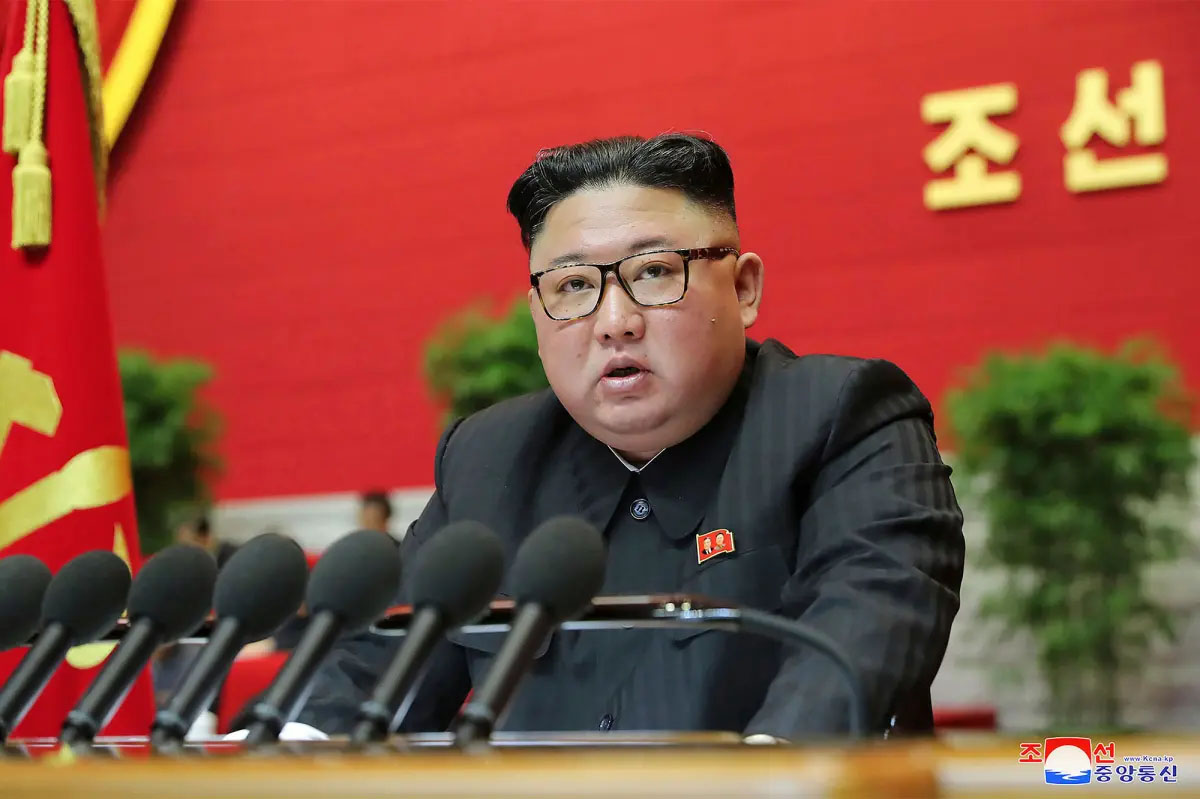
Photo Credit: Reuters
North Korea’s draconian measures to prevent the influence of foreign culture reached a new height with the public execution of a 22-year-old man for watching and distributing K-pop content. This execution in South Hwanghae province in 2022 highlights the regime’s brutal crackdown on what it deems “reactionary ideology and culture.”
According to the South Korean Unification Ministry’s North Korean Human Rights report, the young man was accused of listening to 70 South Korean songs and watching three films, which he also shared with others. This testimony, part of a broader compilation from 649 defectors, underscores the severe penalties North Korea imposes on its citizens for consuming and disseminating foreign media.
The execution is part of a wider trend of harsh punishments meted out by Pyongyang. In 2020, North Korea passed a law imposing the death penalty for watching or distributing South Korean entertainment. This law is an attempt to shield North Korean citizens from the perceived “malign influence” of Western culture. Violations can lead not only to death but also to long sentences of hard labor, as evidenced by the recent sentencing of two teenagers to 12 years of hard labor for watching K-dramas.
Human rights organizations and defectors have long criticized North Korea’s oppressive regime, which denies basic freedoms such as freedom of expression, assembly, and religion. Human Rights Watch notes that the North Korean government systematically bans independent media and civil society organizations, maintaining strict control over information to uphold its authoritarian rule.
The impact of South Korean media on North Korean society is significant, particularly among the youth. Despite severe risks, many young North Koreans consume South Korean entertainment, which provides a glimpse into a world starkly different from their own. One defector remarked that after watching South Korean dramas, many young people begin to question their own way of life, sometimes leading to thoughts of escape or even suicide due to the oppressive conditions they face.
The South Korean government continues to condemn these human rights abuses. Tensions between the two Koreas remain high, with both sides engaging in propaganda campaigns. Recently, North Korea resumed sending trash-filled balloons into the South, a retaliatory act against South Korean activists who had been launching anti-regime leaflets across the border.
















